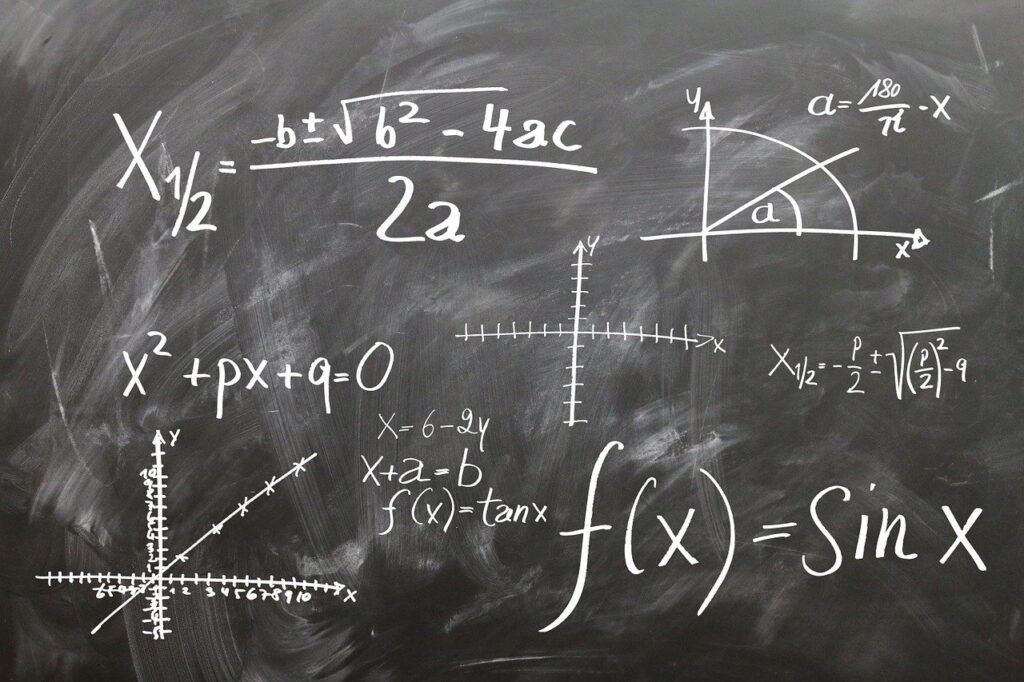
A basic intro to Mathematics
What is Mathematics
Mathematics is the study of numbers, patterns, and shapes. One can say that maths (short word for mathematics) is the study of numbers (how things can be counted), structure (how things are organized), place (where things are and their arrangement), and analysis (how things become different).
Real life use of Mathematics
Mathematics is everywhere. Whether one desires to study in the field of business and economics, natural and social sciences, engineering and technology, computer science, or even arts, mathematics is there in high regard. You will observe that mathematics is used to solve everyday problems using different mathematical techniques.
Many classes in school, colleges, and universities involve counting, measuring, weighing, estimating, predicting, working out formulas, and analyzing data through statistics, all of which have their firm roots in mathematics. The students of chemistry, physics, engineering, computer science, and astronomy, etc. learn basic to advance arithmetic skills, reading scientific graphs, and algebra to solve their subject-related problems.
Basic mathematical knowledge helps people to create rhythm and beats of dances in drama, music, dance, or art because art itself relies on geometry, especially some modern masterpieces to craft impressive and influential art pieces. Similarly, photographers also use mathematics to computer things like lighting, shutter speed, angles, focal length, and exposure time.
Mathematical Equations and Algebra
Pricing is a real-world example of using algebra in everyday life activities. For example, say you have $5 and want to buy a soft drink that costs say $1.00 and you want to spend what’s left on cookies. Let cookies cost $0.7 each, then how many cookies you can get? Simple algebra can be used to solve this:
0.7x+1=5
Simplifying, for x (which is a representation of the number of units (of cookies) that have to be purchased), one can get how many cookies can be purchased.
Mathematical Tools
There are many tools to solve maths-related problems easily and efficiently. With time, these tools either improved or computer-based tools became more powerful tools to solve mathematical problem.
The most widely-used and important mathematical tools are
- Abacus
- slide rule (Napier’s bones)
- Compass and ruler
- Calculators and computer
- computer programming languages
- Statistical and mathematical related software such as SPSS, SAS, R Language, Mathematica, MATLAB, and Maple
Master Coach of Mathematics & Science, Student NLP Master-Trainer, Memory Mastery Coach, Vedic Mathematics Coach, Founder of Powersynth Parenting, Academic Peak Performance Coach